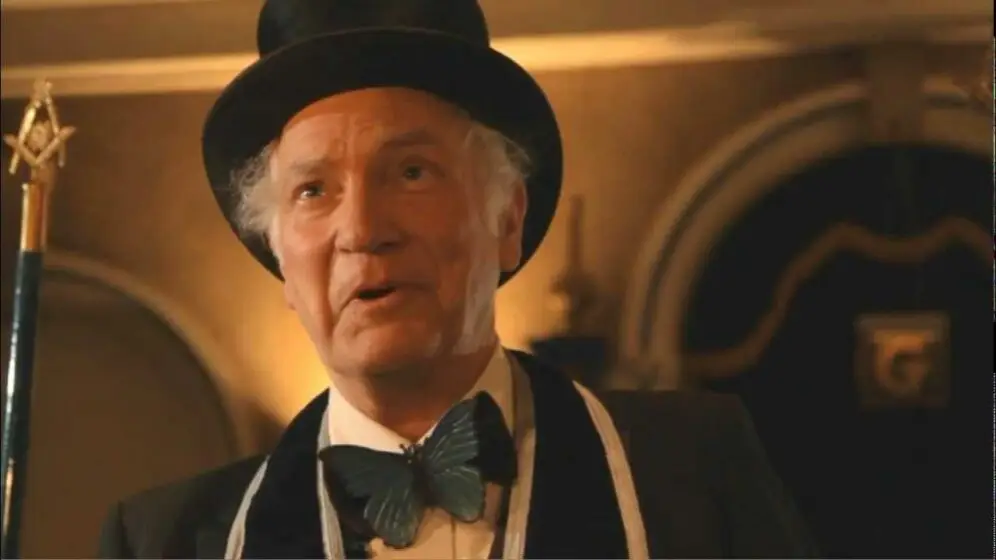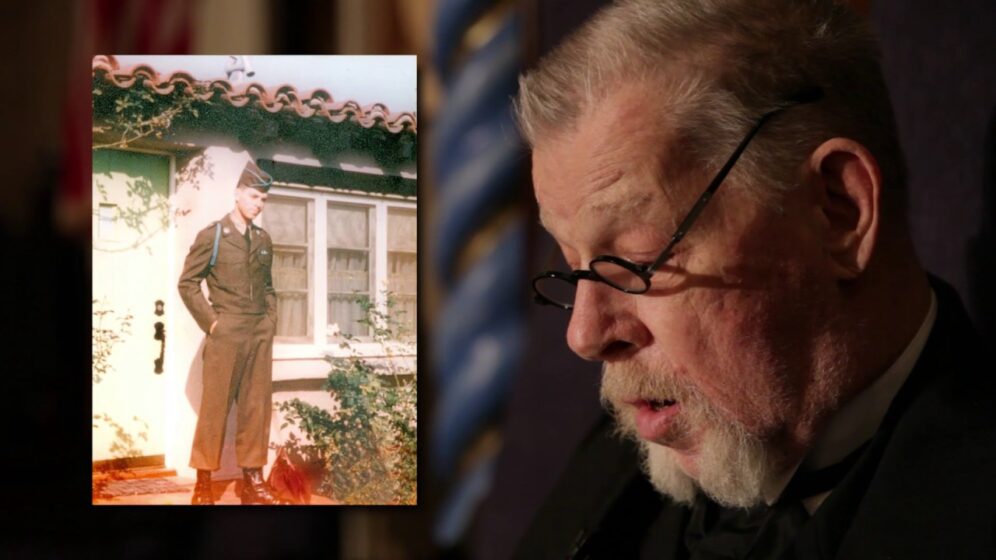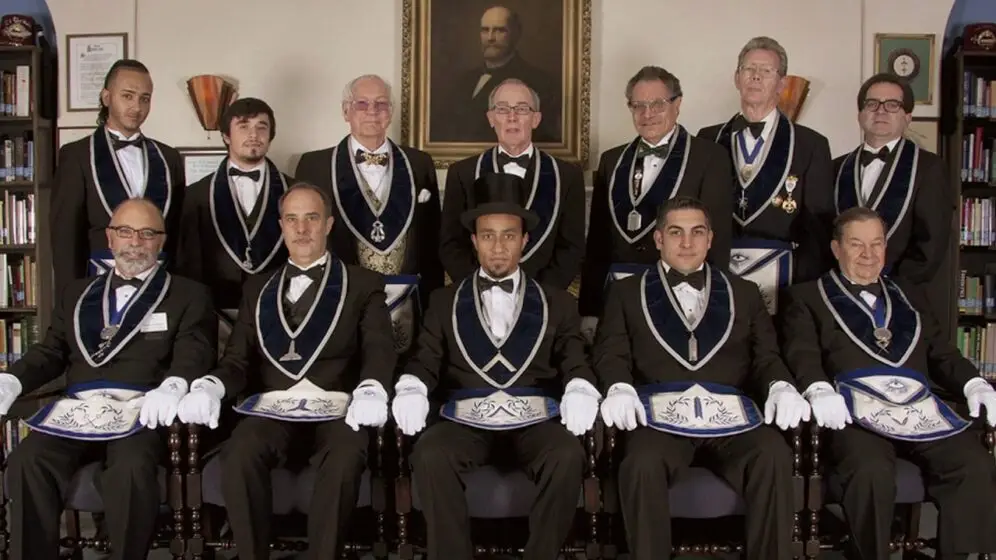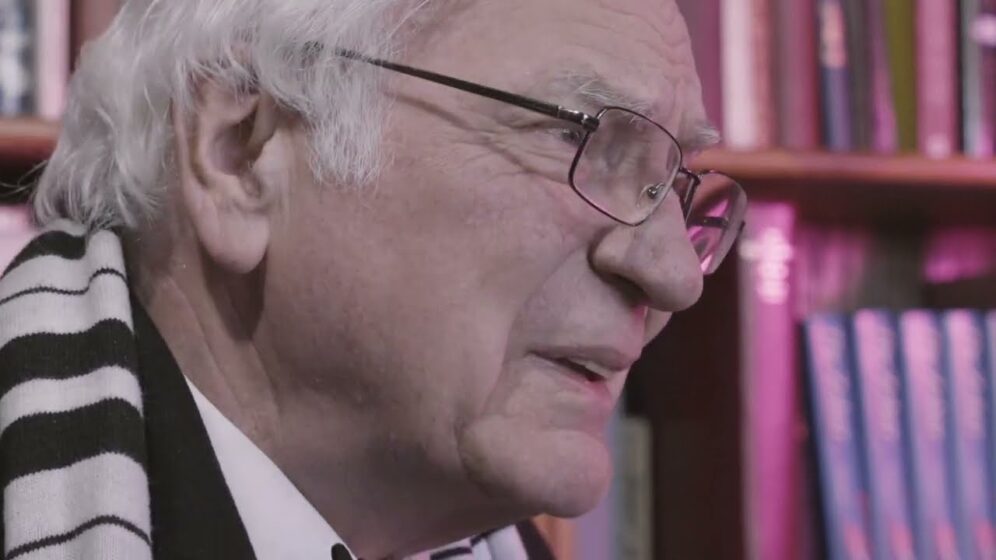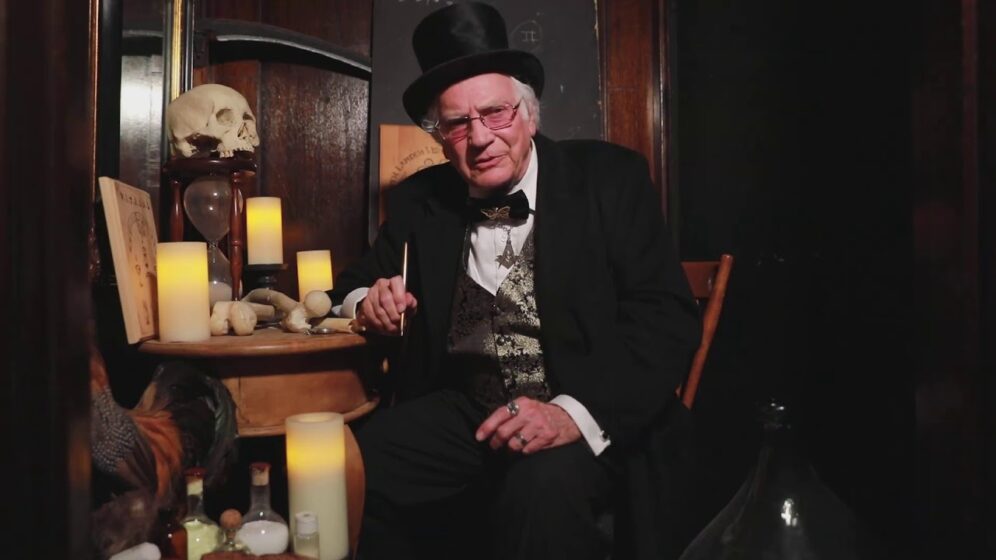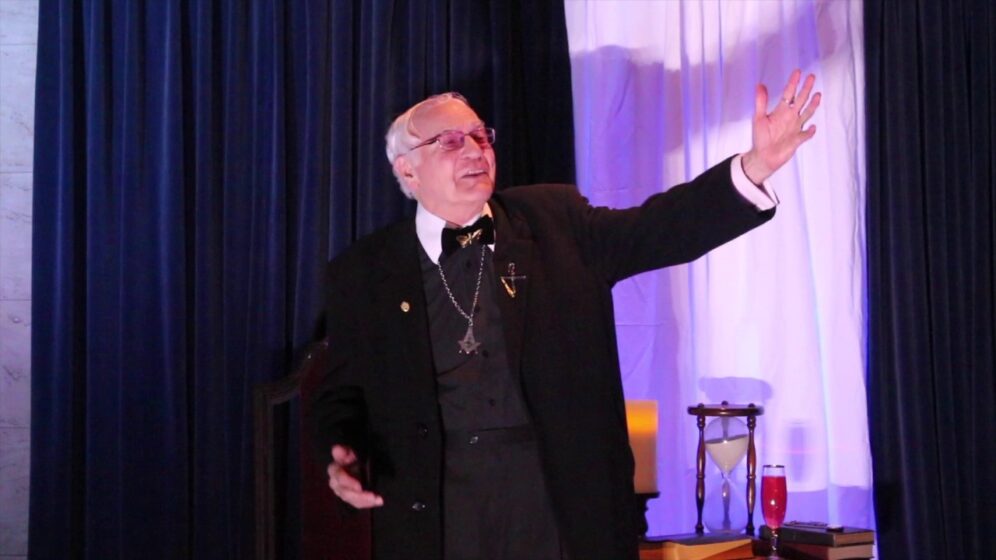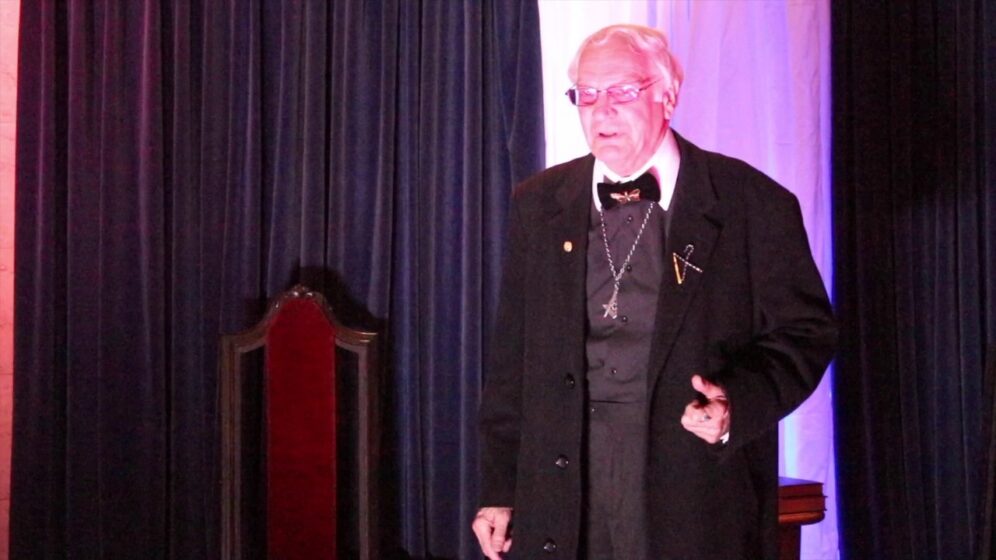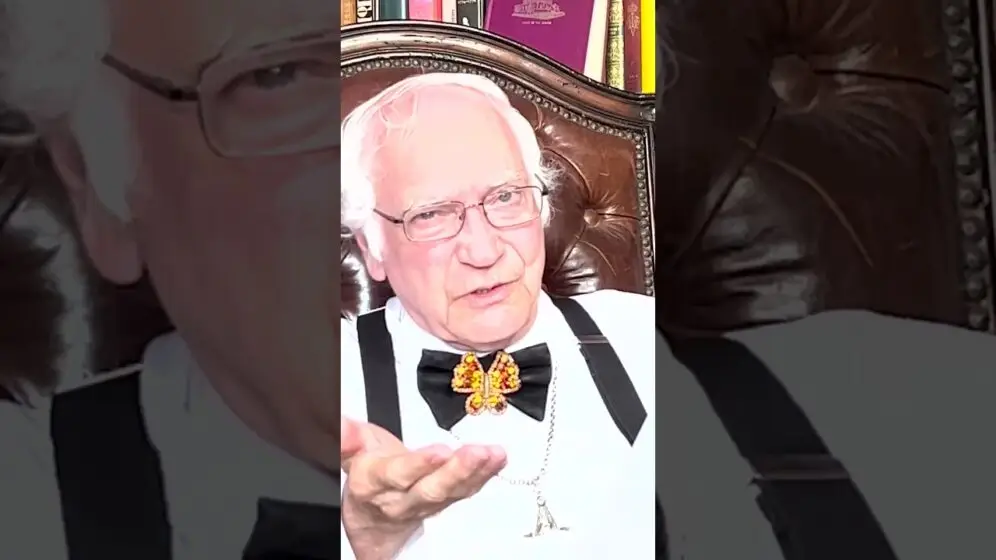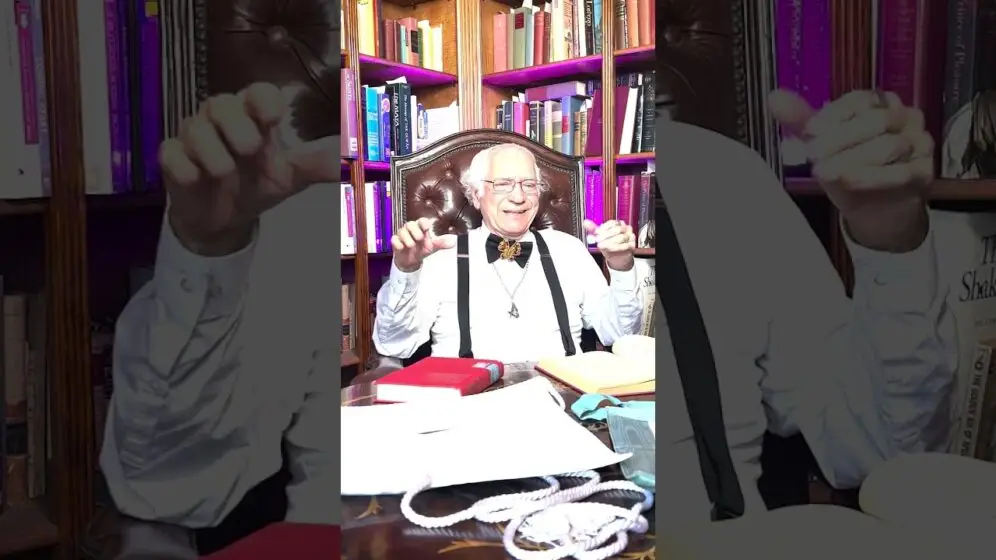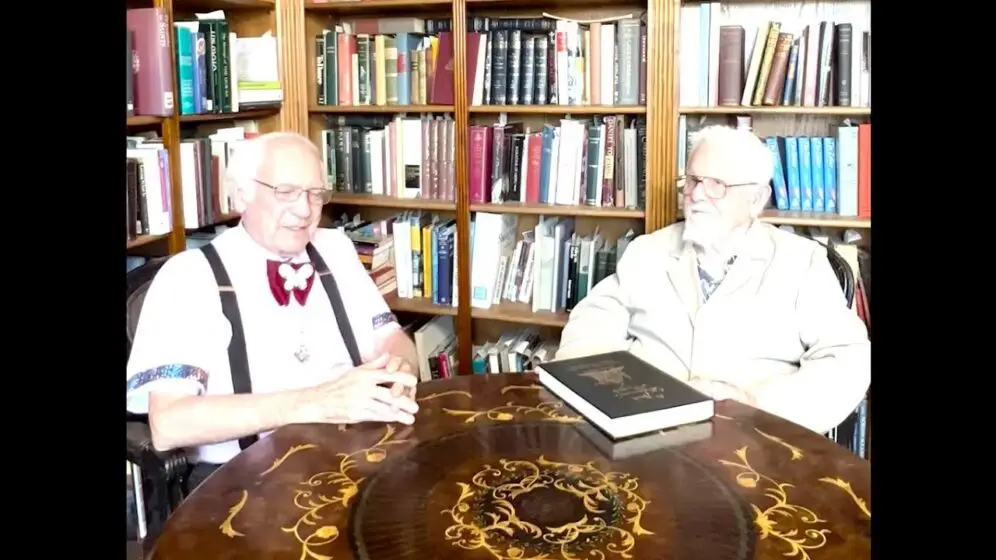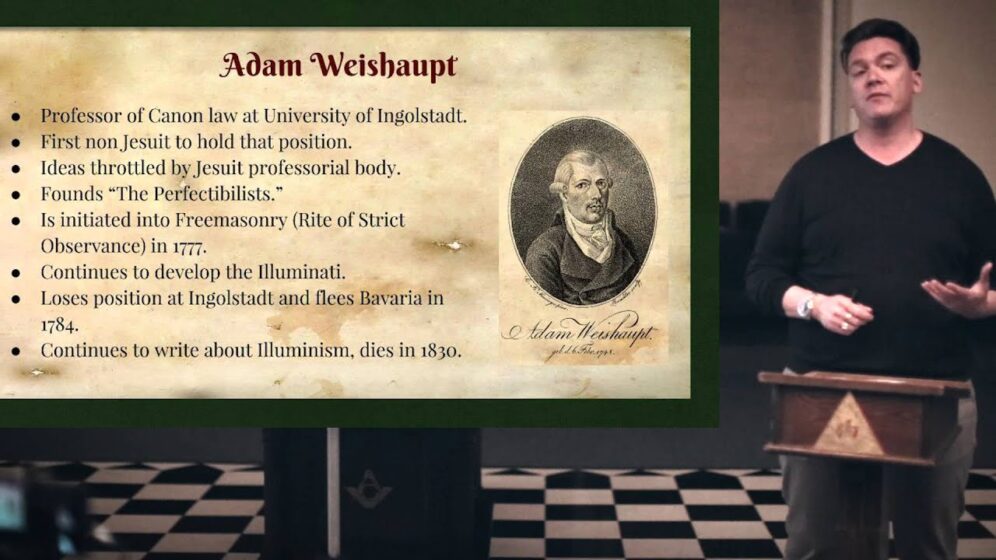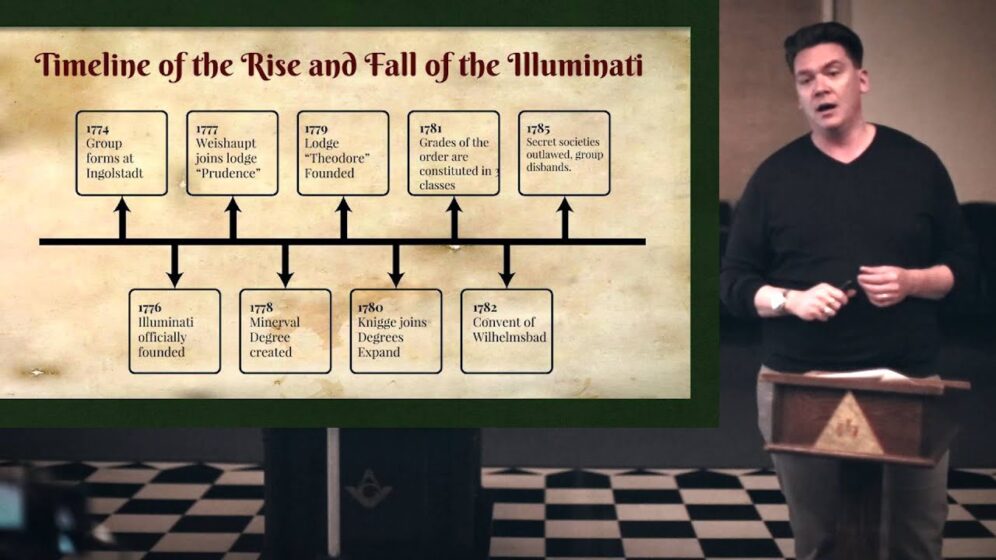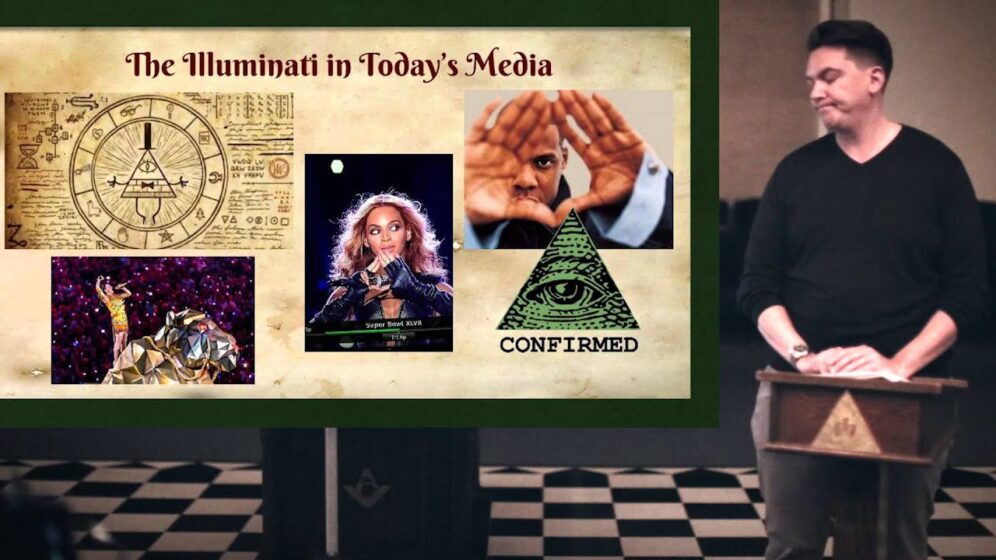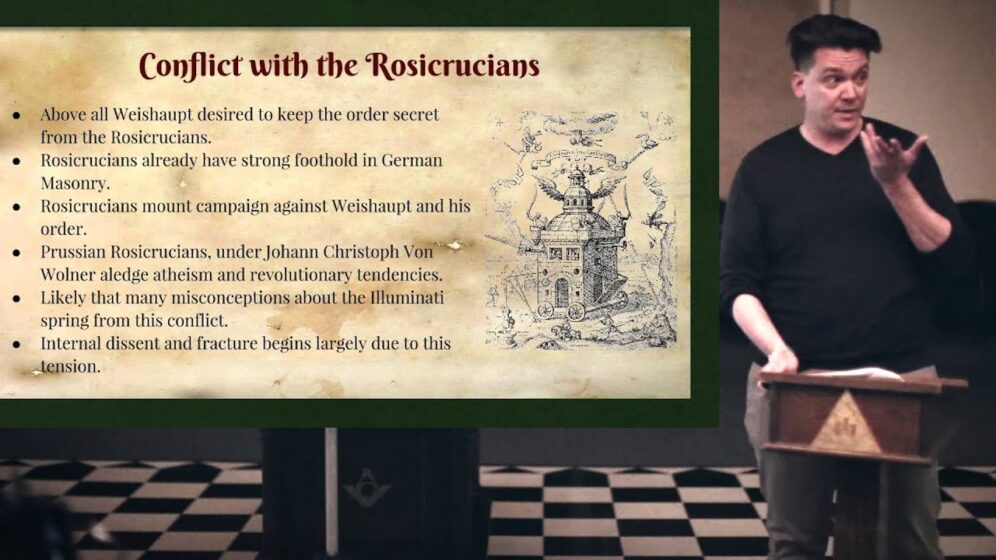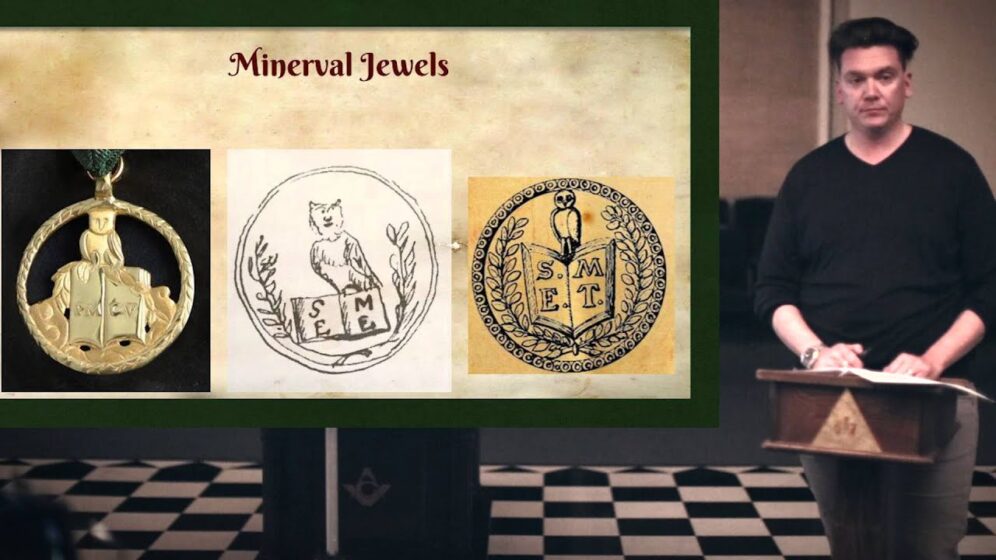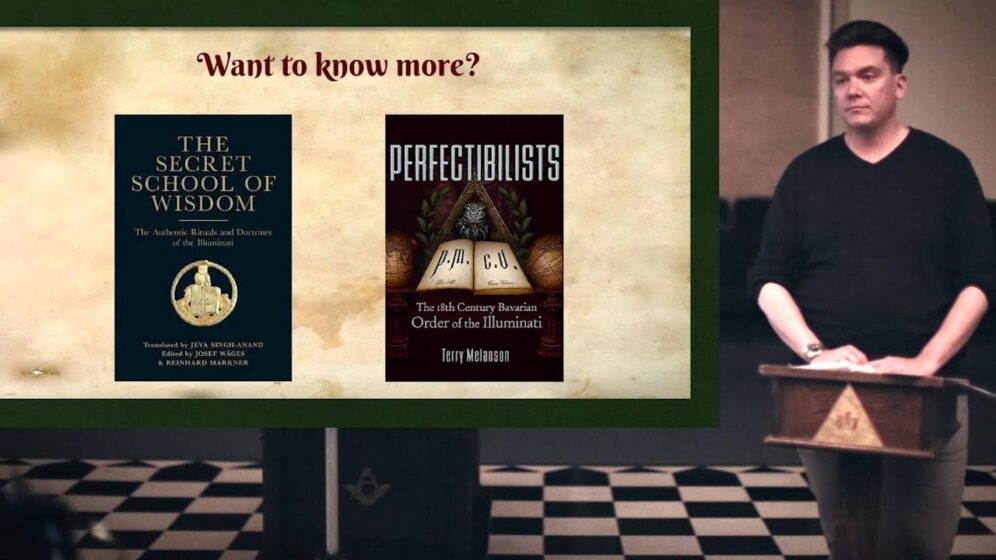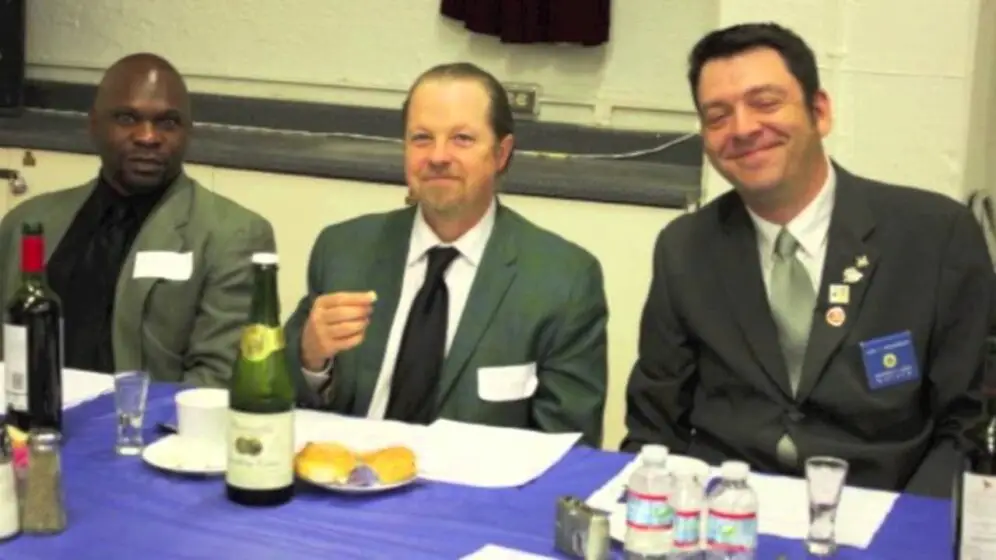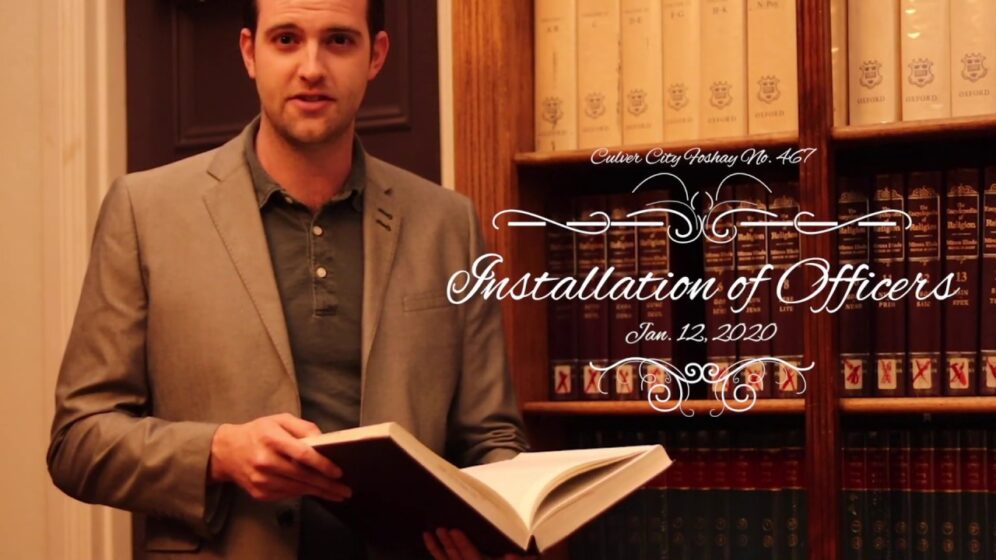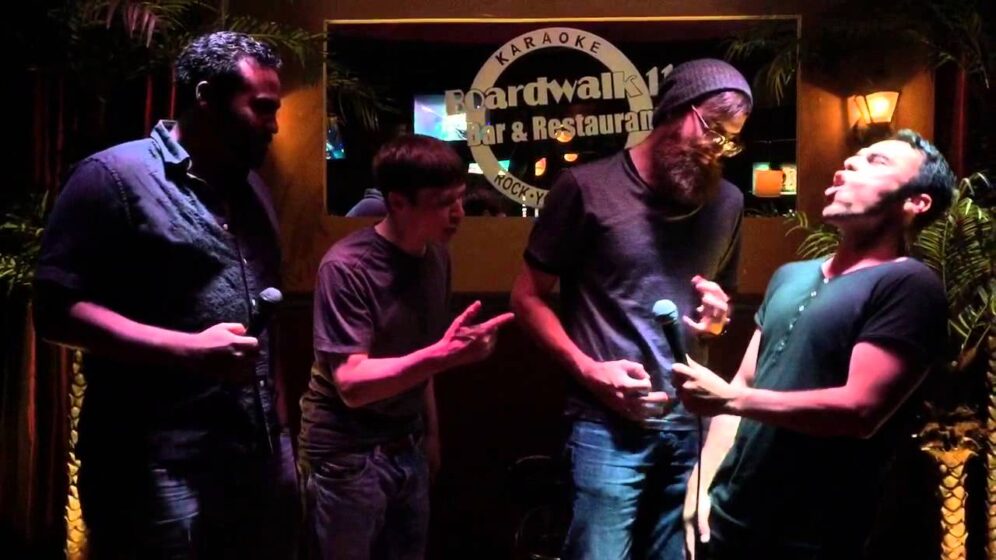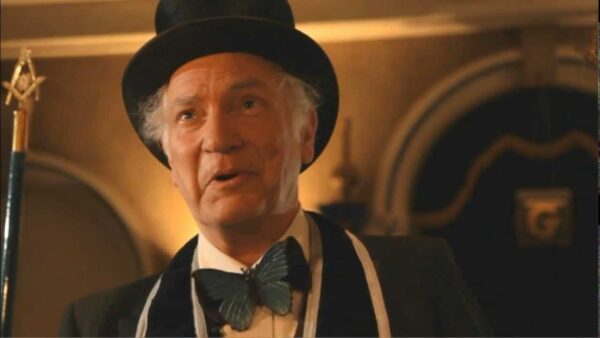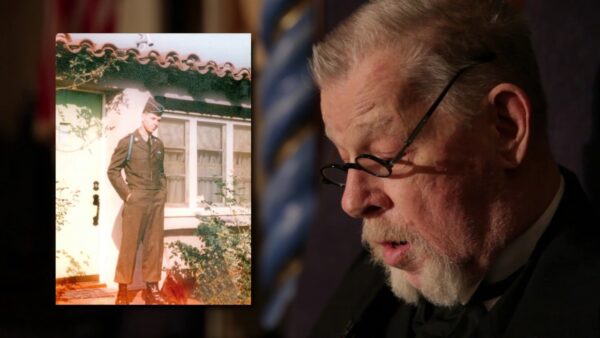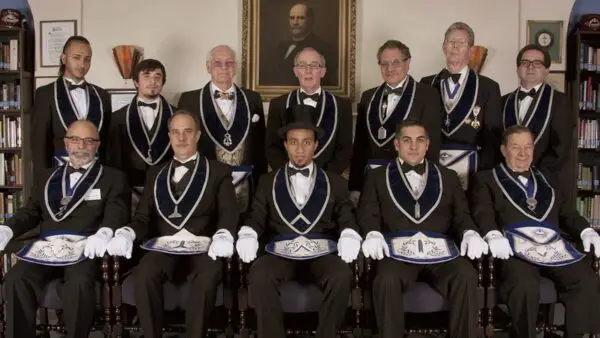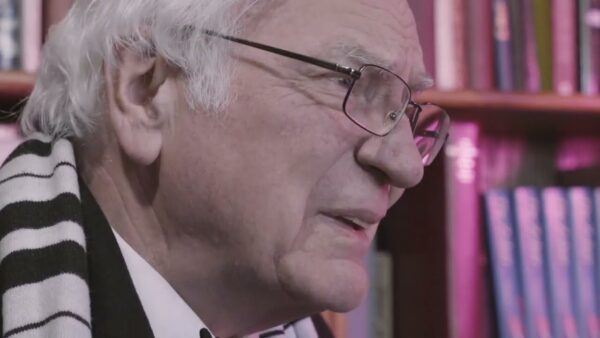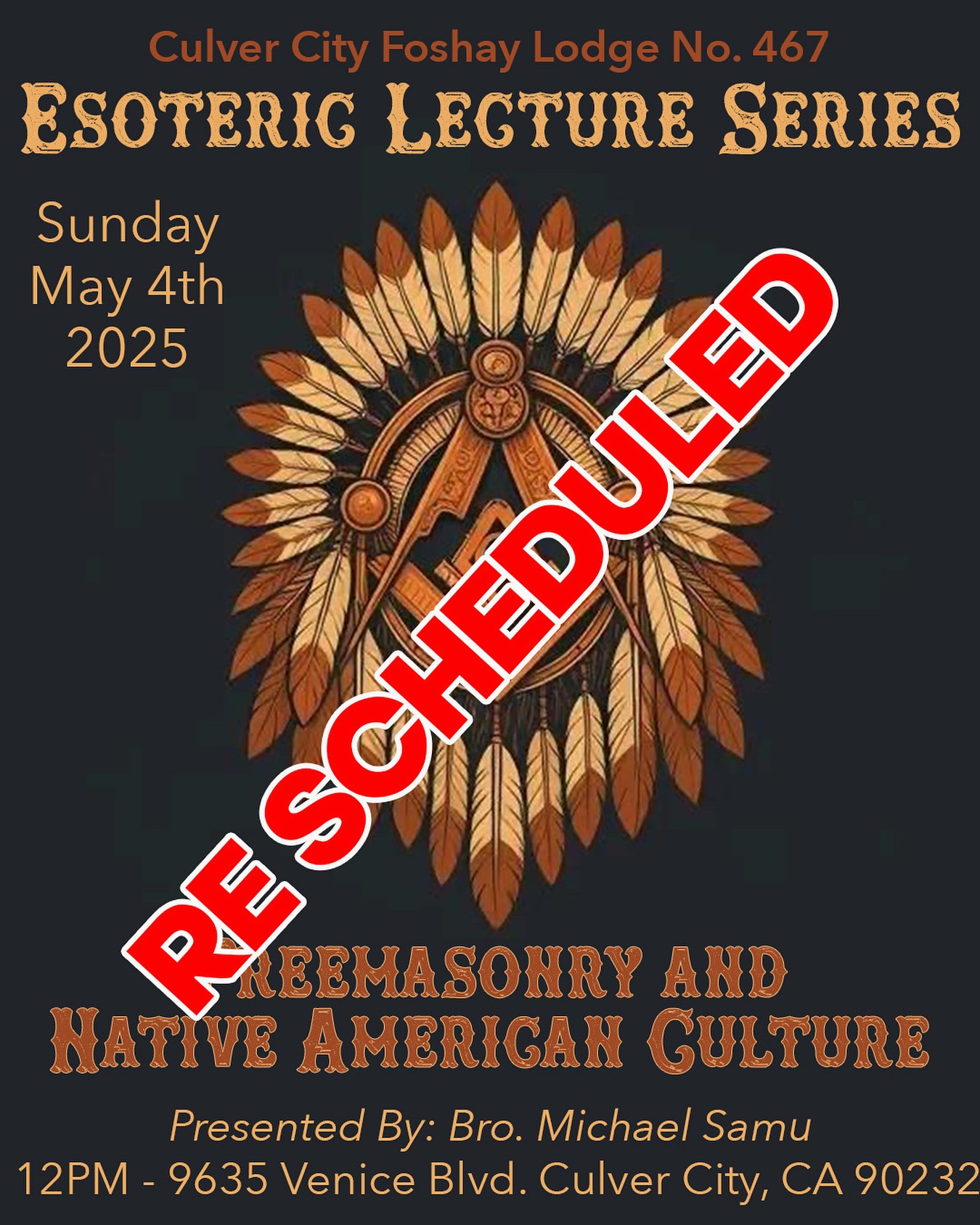All That Is Required, by Andrew Merenbach #ccmasons
Dear Brethren,
September has arrived, and with it the somber recollection of tragic events fourteen years ago in New York City. Our hearts go out to those who have suffered, those who know those who have suffered, and to the nation—a country which, to this day, has not decided the most appropriate way to define evil, much less to defeat it.
Ideas and sentiments abound. I could certainly offer some thoughts. Rather than distract from the tragic events we must remember, I’ll instead take this opportunity to segue into a related subject involving a discussion of evil.
In a statement on the pitfalls of apathy, Edmund Burke, an Eighteenth Century, Anglo-Irish statesman and political philosopher, influenced by Locke and Rousseau, reportedly said, “All that is necessary for the triumph of evil is for good men to do nothing.” However important an inspiration to our society this entrenched quote has become, there is yet no citation to support its provenience verbatim. Records show John Stuart Mill, meanwhile, as having stated, “Bad men need nothing more to compass their ends, than that good men should look on and do nothing,” or so Wikipedia says—I was too lazy to follow the citation on the article about Edmund Burke. See what I mean?
For a mixup like this, the outcome appears harmless at best: the available primary sources help us determine the most plausible origin and we go from there, the quote as valid as ever, its value orthogonal to its progenitor.
What about when the stakes are higher? The world surrounding us seems rife with factionalism, much of it potentially dissoluble with a modicum of critical thought. Phrases ascribed to the mouths of historical or scriptural figures often escape verification or clarification, the notion of “turn[ing] the other cheek” a prime example. More on that, perhaps, in another article!
In terms of veracity, we needn’t be know-it-alls: if the purpose of language is to communicate, then we can look only priggish if we signal our comprehension couched in a minor correction. If we understood, we understood. A case in point: my wife used the term “ejector seat” and her nephew corrected her with, “It’s, ejection seat.” He knew what Liz was trying to say and diverted the discussion to correct her. He also gets a pass since he’s just a kid, not to mention that both Liz and I were apparently the same way when we were his age.
With that said, our Masonic commitment to truth encourages us to suss out nuances, validate context and provenience, and leave any discussion better than when we entered it. Venture forth, Brethren, to spread light!
Citations available upon request. Maybe.
Sincerely and fraternally,
Brother Andrew Merenbach
#ccmasons

